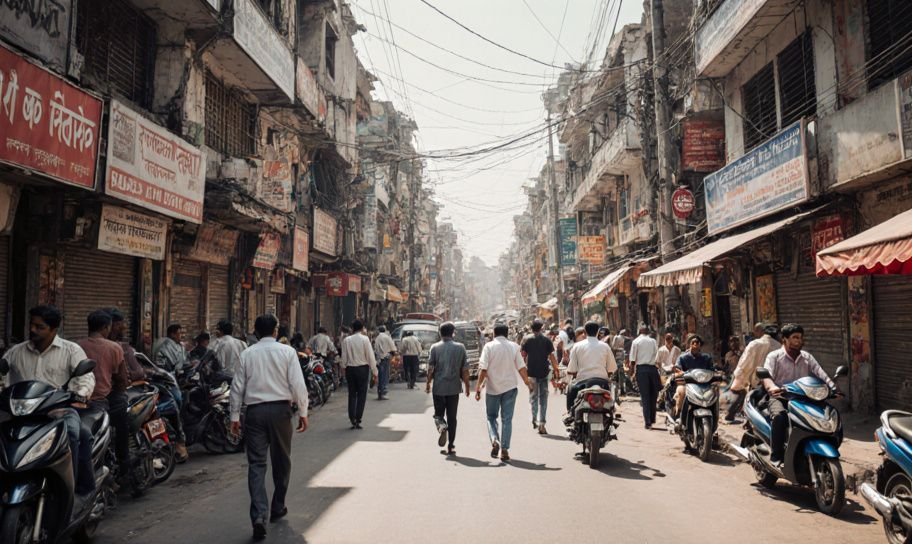
Summary: The Bombay High Court has overturned several detention orders under the Maharashtra Prevention of Dangerous Activities Act, 1981, due to thoughtless and unfair decision-making by the state government.
The petitions, led by Mustakin Karim Khan, challenged detention orders issued under the Maharashtra Prevention of Dangerous Activities Act, 1981. Khan and other petitioners argued that their personal freedoms were being taken away without proper reasons.
The court, led by Judges Anil L. Pansare and Siddheshwar S. Thombre, emphasized the importance of personal freedom. They noted that any restriction on this right must be backed by strong legal reasons and proper legal steps.
"Taking away personal freedom must follow a legally prescribed procedure," the court stated.
The orders were criticized for being the same across multiple cases, suggesting a lack of individual consideration. The court highlighted that the State of Maharashtra had not shown that the situations justified such detention.
The court examined the relevant sections of the Act, which require specific situations to justify detention. The orders failed to describe any unique or significant situations in the areas concerned.
The Advisory Board's role is crucial in reviewing detention orders. However, the court found that the board's opinions were formed in a routine manner, lacking independent examination.
The approval and confirmation of the detention orders were found to be thoughtless, often handled by lower-ranking officers without proper reasoning or documentation.
"The approval order must reflect consideration to such material," the court noted, emphasizing the need for thorough examination.
The court explained the difference between 'public order' and 'law and order,' emphasizing that the activities mentioned in the detention orders did not disturb public order.
The court overturned the detention orders, highlighting that they did not meet the legal standards required for such serious actions. Mustakin Karim Khan and the other petitioners were ordered to be released unless required in other cases.
This judgment highlights the judiciary's role in protecting personal freedoms against unfair state actions. It serves as a reminder of the importance of following proper legal steps and specific reasons in matters of preventive detention.